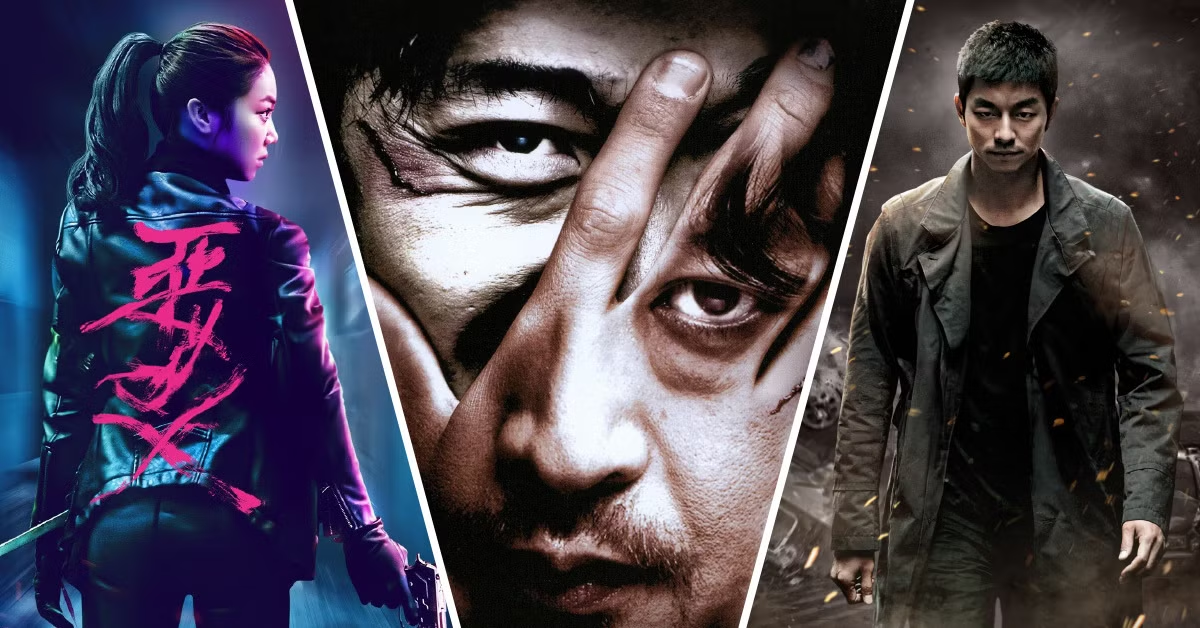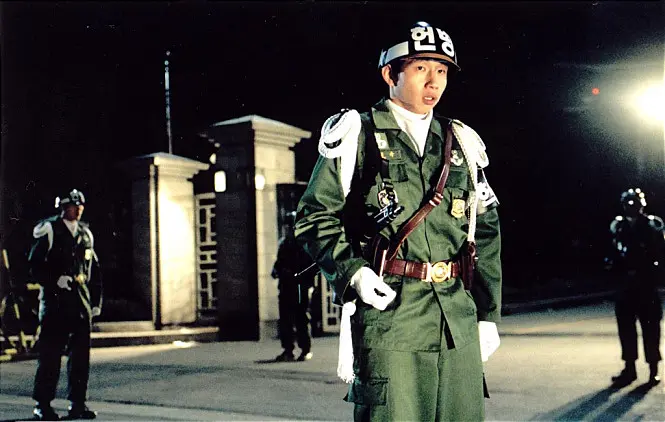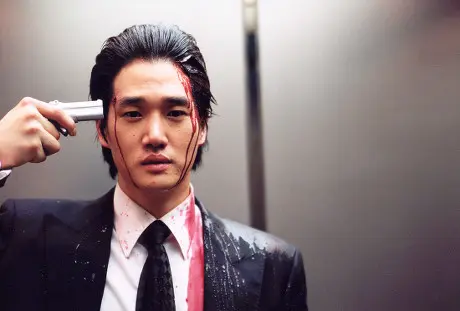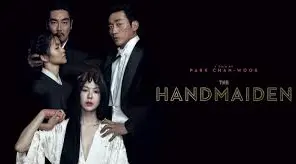Introduction

Ever watched a movie that left you speechless, not just because of its storyline but because of the real-world ripples it caused? Korean cinema has a knack for producing controversial Korean films, stories that don’t just entertain but challenge societal norms, provoke debates, and even influence legislation. Let’s dive into some of these powerful titles and explore the profound impacts they’ve had.
1. Silenced (2011)

Based on true events, “Silenced” portrays the harrowing abuse of hearing-impaired children by school staff. The film’s release led to public outrage, prompting the South Korean government to reopen the case and eventually abolish the statute of limitations for sex crimes against minors and disabled individuals. (Wikipedia)
2. The President’s Last Bang (2005)

This film offers a satirical take on the assassination of President Park Chung-hee. Its controversial portrayal led to legal battles, with courts initially banning certain scenes. The case highlighted the tension between artistic expression and historical interpretation in South Korea.
3. Oldboy (2003)

A tale of revenge and twisted fate, “Oldboy” garnered international acclaim but also faced criticism for its graphic violence and disturbing themes. Its success opened doors for Korean cinema globally but also sparked debates on the portrayal of violence in media.
4. The Handmaiden (2016)

An adaptation of the novel “Fingersmith,” this film explores themes of sexuality and deception. Its explicit content and portrayal of same-sex relationships stirred controversy, especially in conservative circles, but also ignited discussions on LGBTQ+ representation in Korean media.(Vanity Fair)
5. A Taxi Driver (2017)
Depicting the Gwangju Uprising, the film sheds light on a dark chapter in South Korea’s history. While praised for its storytelling, it also faced scrutiny over historical accuracy and the dramatization of real events. (Wikipedia)
6. Pieta (2012)
Directed by Kim Ki-duk, “Pieta” delves into themes of violence, redemption, and maternal bonds. Its intense scenes and moral ambiguity sparked debates on the boundaries of art and the responsibilities of filmmakers.(Robert C Morton)
7. The Isle (2000)
Another of Kim Ki-duk’s works, “The Isle” is known for its graphic content and surreal narrative. The film’s controversial scenes led to walkouts during screenings but also cemented its status as a cult classic.
8. The Chaser (2008)
A gripping thriller about a serial killer, “The Chaser” faced criticism for its violent content. However, it also sparked discussions on the inefficiencies of the justice system and the portrayal of crime in media.
9. Dark Figure of Crime (2018)
Based on real events, the film faced legal challenges from victims’ families who felt their stories were depicted without consent. The controversy highlighted the ethical dilemmas filmmakers face when adapting true stories. (Wikipedia)
10. The Housemaid (2010)
A remake of a 1960 classic, this film’s erotic themes and class commentary stirred debates on gender roles and societal structures in modern Korea.
Conclusion
These films didn’t just entertain; they provoked thought, challenged norms, and, in some cases, led to tangible societal changes. They highlight the power of cinema as a mirror to society, reflecting its flaws and prompting introspection.
Korean cinema’s willingness to tackle controversial subjects head-on has solidified its place on the global stage. These films serve as reminders of the medium’s potential to inspire change, challenge perceptions, and spark essential conversations.
FAQs
1. Why do Korean films often tackle controversial topics?
Korean filmmakers frequently address controversial subjects to shed light on societal issues, provoke thought, and drive conversations that can lead to change.
2. Have any Korean films led to real-world changes?
Yes, notably “Silenced” led to legislative reforms in South Korea concerning sex crimes against minors and the disabled.(Wikipedia)
3. How does the public typically react to these controversial films?
Reactions vary; some films receive acclaim for their bold storytelling, while others face backlash or censorship due to their content.
4. Are these films available internationally?
Many controversial Korean films are accessible on global streaming platforms, though availability can vary by region.
5. What makes Korean cinema unique in handling controversial themes?
Korean cinema often blends intense storytelling with deep societal commentary, offering nuanced perspectives on complex issues.
To Eat or Not to Eat: What Happens When You Ignore Hunger Cues?


